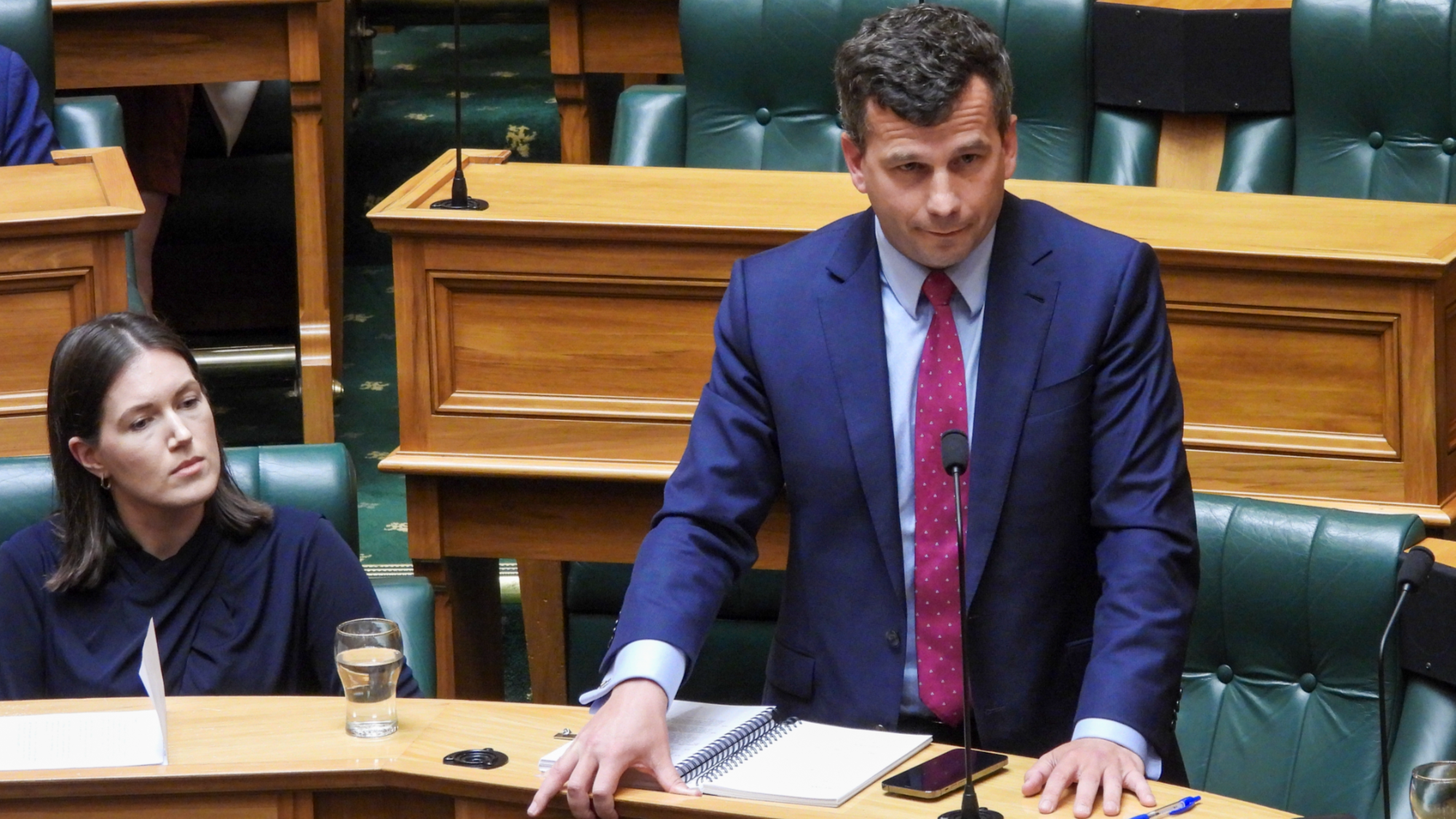
New Zealand’s founding document, the Treaty of Waitangi, has often been held up as a model of indigenous and nonindigenous people living side by side in peace and harmony. But that is an illusion.
The treaty, the very cornerstone of New Zealand’s democracy, is being challenged in the country’s Parliament with the introduction of the highly divisive and controversial Treaty Principles Bill which seeks to rewrite the treaty.
The bill, which sees its first reading in Parliament on Nov 14, has sparked nationwide protests and a march by Maori and non-Maori people to the country’s Parliament and capital in Wellington.
READ MORE: NZ MPs disrupt parliament with haka to protest Indigenous treaty bill
Commentators have described the bill as racist and an attempt to strip the Maori people of rights protected in the country’s founding document.
Margaret Mutu, professor of Maori studies at the University of Auckland, said the current debate has become “very divisive”.
She told China Daily: “The Maori people have gone from being a majority in their own land to a minority, and what rights they still retain, the proposed bill wants to take them all away.”
According to Richard Shaw, professor of politics at New Zealand’s Massey University, the bill will spend six months in committee, “but that will be as far as it goes.”
He said even Prime Minister Christopher Luxon has called the bill divisive.
“This is a very big rat Luxon is swallowing, and there’s a lot of risk associated with it,” Shaw told China Daily.
“He will wear any social division that comes out of the process, notwithstanding that it is an ACT party initiative.”
The bill was part of a political agreement following the October 2023 election in New Zealand where the incumbent center-left Labour Party, led by Chris Hipkins, lost.
The center-right National Party, led by businessman Luxon, was the largest party but needed to form a coalition to govern.
The coalition was formed with the right-wing ACT New Zealand party led by David Seymour, who is behind this bill, and New Zealand First, a right-leaning populist party led by Winston Peters.
Part of the agreement for ACT to join the coalition was for the Treaty Principles Bill to be introduced in Parliament.
“The fact that the bill will go to committee will see the right-wing propaganda machine fired up spreading disinformation,” Shaw said.
“The bill may not pass but it will have a significant impact on the country.”
Seymour said the bill “provides an opportunity for Parliament, rather than the courts, to define the principles of the treaty, including establishing that every person is equal before the law”.
Critics, however, say the bill’s proposal fundamentally undermines the treaty and the way it is interpreted, which will have grave effects for Maori rights and drive anti-Maori rhetoric.
The Treaty of Waitangi was signed on Feb 6, 1840, between the British Crown and 540 Maori chiefs, at a time when the number of British settlers – missionaries, whalers, sealers and traders – was growing steadily.
According to the University of Auckland’s Mutu, the behavior of the settlers “was getting out of hand”.
“At first the British government was reluctant to step in. The treaty was seen as a way of addressing the lawlessness of the British visitors, many of whom had little respect for local culture and customs,” she said.
At the time, Mutu said, the Maori people were the overwhelming majority and controlled New Zealand.
“All the Maori wanted was for the Crown to step in and take control of its own people,” she said.
“New Zealand was not a colony as such. The white visitors were like tourists. They came and took what they wanted. The first arrivals shot indigenous people who came to meet them.”
Mutu said the treaty was a document allowing the English and Maori people to live together in peace.
“The treaty says this is our country and we will have a say in what happens in this country. But there are some within the government who want to see this gone,” she said.
“They want a white country … in a nutshell, white supremacy.”
READ MORE: New Zealand's government introduces bill to reinterpret founding document
Four Maori seats were introduced in 1867 under the Maori Representation Act.
In time, the Maori saw their land swamped by white settlers, which pushed them into a minority in their own country, Mutu said.
“Today the Maori have just seven seats in the national Parliament, and the British took 95 percent of their lands.”
Contact the writer at karlwilson@chinadailyapac.com


